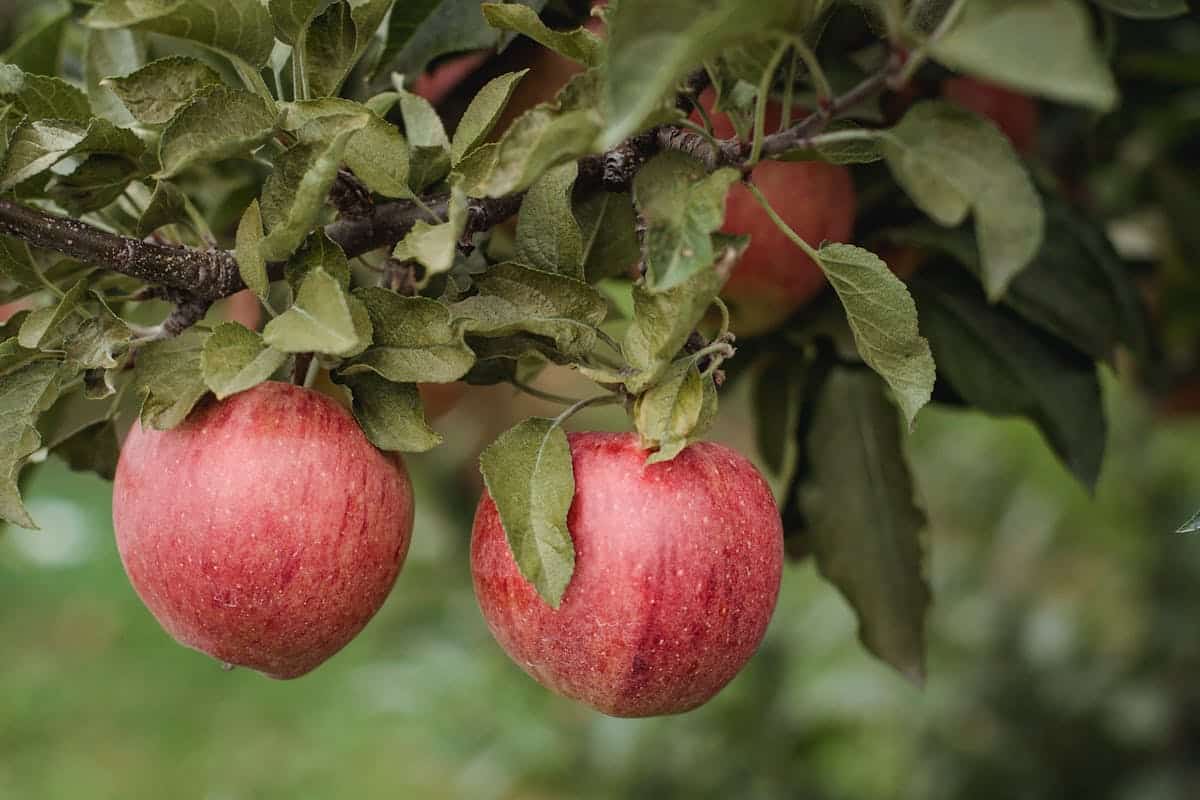Features
Apple Ber Plant: A Complete Guide

The Apple Ber plant, scientifically known as Ziziphus mauritiana, is a remarkable fruit-bearing tree. Known for its sweet, tangy fruits, the Apple Ber is gaining popularity among home gardeners and farmers alike. This guide will provide comprehensive information on everything you need to know about the Apple Ber plant, including its benefits, care, and uses.
What is an Apple Ber Plant?
Overview of Ziziphus Mauritiana
The Apple Ber, or jujube, is a deciduous tree native to Asia. It is well-adapted to arid and semi-arid regions, making it a hardy choice for various climates. The tree can grow up to 10 meters high, featuring thorny branches and oblong leaves.
Characteristics of the Apple Ber Fruit
The fruit itself is oval-shaped and resembles a small apple. It turns from green to a reddish-brown color as it ripens. The taste is a delightful blend of sweet and tart, and the texture is crisp when fresh. Apple Ber fruits are not only delicious but also packed with nutrients.
Benefits of Growing Apple Ber Plants
Nutritional Value of Apple Ber
Apple Ber fruits are rich in vitamins and minerals. They contain:
- Vitamin C
- Vitamin A
- Calcium
- Iron
- Potassium
These nutrients contribute to overall health and wellness, making the Apple Ber a desirable addition to any diet.
Health Benefits of Apple Ber Fruits
The health benefits of Apple Ber are impressive. Some key benefits include:
- Boosting immunity: The high vitamin C content helps strengthen the immune system.
- Improving digestion: Rich in fiber, Apple Ber aids in digestion and prevents constipation.
- Promoting sleep: Traditional medicine often uses Apple Ber for its calming effects, helping to improve sleep quality.
How to Grow Apple Ber Plants
Ideal Growing Conditions for Apple Ber
To successfully grow Apple Ber plants, it is crucial to understand their ideal conditions. They thrive in:
- Full sunlight
- Well-drained soil
- Warm climates
Best Soil for Apple Ber Plants
The Apple Ber plant prefers sandy loam or clay loam soil. The pH level should be between 6.0 and 7.5. Good drainage is essential to prevent root rot.
Propagation Techniques for Apple Ber
There are two common methods for propagating Apple Ber:
- Seed propagation: Collect seeds from ripe fruits, soak them in water for 24 hours, then plant them in well-drained soil.
- Cutting propagation: Take semi-hardwood cuttings in late spring or early summer. Dip them in rooting hormone and plant them in a suitable medium.
Apple Ber Plant Care
Watering and Fertilization
Apple Ber plants require moderate watering. Water them deeply but infrequently to encourage deep root growth. Fertilize with a balanced fertilizer in spring to promote growth and fruiting.
Seasonal Care for Apple Ber
- Spring: Prune to remove dead or damaged branches and encourage new growth.
- Summer: Monitor for pests and diseases.
- Fall: Mulch around the base to retain moisture and regulate temperature.
- Winter: Protect young plants from frost.
Common Apple Ber Plant Diseases
The Apple Ber plant is relatively resistant to diseases. However, it can be susceptible to:
- Leaf spot
- Root rot
- Powdery mildew
Regular monitoring and good cultural practices can help manage these issues.
Managing Pests on Apple Ber Plants
Common Pests Affecting Apple Ber
Several pests may target Apple Ber plants. Some of the most common include:
- Aphids: Small insects that suck sap from leaves.
- Spider mites: Tiny pests that cause stippling on leaves.
- Mealybugs: White, cottony pests that can weaken the plant.
Natural Remedies for Pest Control
To manage pests organically, consider these methods:
- Neem oil: A natural pesticide that disrupts the life cycle of pests.
- Insecticidal soap: Effective against soft-bodied insects like aphids.
Harvesting Apple Ber Fruits
When to Harvest Apple Ber
Apple Ber fruits are typically ready for harvest in late summer to early fall. Look for fruits that have turned a deep reddish-brown color and feel slightly soft to the touch.
Tips for Harvesting Apple Ber
- Use scissors or pruning shears to avoid damaging the plant.
- Harvest in the morning when temperatures are cooler.
- Handle the fruits gently to prevent bruising.
Apple Ber in Home Gardens
Planting Apple Ber in Containers
If space is limited, you can grow Apple Ber plants in containers. Choose a large pot with good drainage. Use a quality potting mix to provide nutrients.
Growing Apple Ber in Small Spaces
Even in small gardens, Apple Ber plants can thrive. They can be pruned to maintain a smaller size, making them suitable for urban gardens.
Apple Ber Recipes and Uses
Delicious Recipes Using Apple Ber
There are many ways to enjoy Apple Ber fruits. Here are a few simple recipes:
- Apple Ber Jam: Cook fruits with sugar and lemon juice until thick.
- Dried Apple Ber: Slice and dehydrate for a tasty snack.
- Apple Ber Smoothie: Blend fresh fruits with yogurt and honey.
Creative Ways to Use Apple Ber Fruit
Beyond eating, Apple Ber can be used in:
- Herbal teas
- Natural remedies
- Skin care products
Frequently Asked Questions About Apple Ber Plants
How Long Does It Take for Apple Ber to Bear Fruit?
Typically, Apple Ber plants will begin to bear fruit within 3 to 4 years after planting. However, this can vary based on care and growing conditions.
Differences Between Apple Ber and Regular Ber
While both belong to the same family, Apple Ber (Ziziphus mauritiana) is larger and sweeter than the traditional Ber (Ziziphus jujuba). The texture and flavor also differ, making Apple Ber a unique addition to your garden.
In conclusion, the Apple Ber plant is a versatile and nutritious choice for gardeners and fruit lovers. With its numerous health benefits and easy cultivation, it’s no wonder that this plant is becoming increasingly popular. Whether you grow it in your backyard or in a container, the Apple Ber offers delicious fruits and a rewarding gardening experience.

-

 Tech2 months ago
Tech2 months agoTwastia.com: Your Go-To for Digital Solutions
-

 Delaware2 months ago
Delaware2 months agoNew Castle Beer: A Delaware Favorite and Its Rich History
-

 California2 months ago
California2 months agoWhere to Buy Kangertech T3S Coils in Oakland, California: Best Options
-

 California2 months ago
California2 months agoCosts of Root Canal in Berkeley, Oakland, and Across California
-

 Features2 months ago
Features2 months agoCleetus McFarland Net Worth in 2024
-

 Idaho2 months ago
Idaho2 months agoRake Up Boise 2024: Guide to Idaho Community Cleanup Event
-

 Texas2 months ago
Texas2 months agoDallas Cowboys Helmet: A Texas Icon and NFL Legacy
-

 Alaska2 months ago
Alaska2 months agoAre Wintergreen Plants in Alaska Edible?






